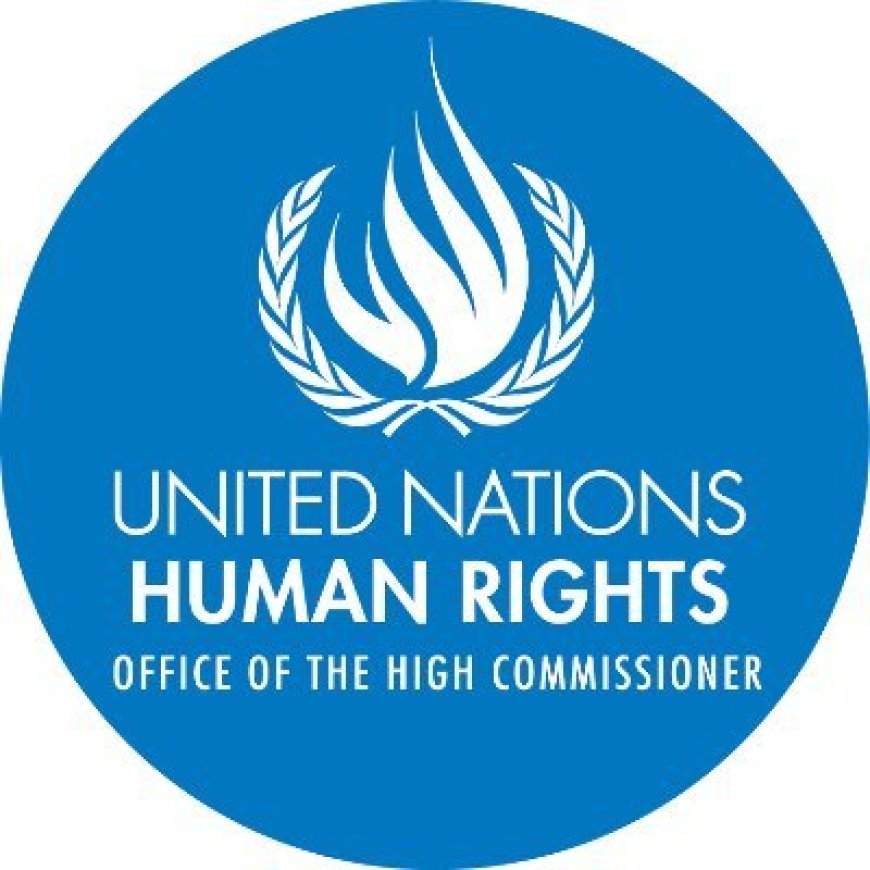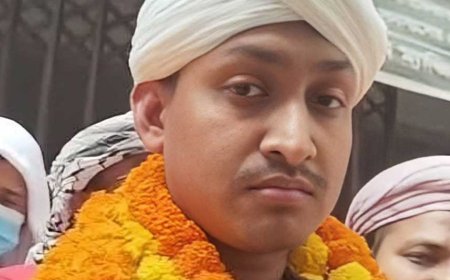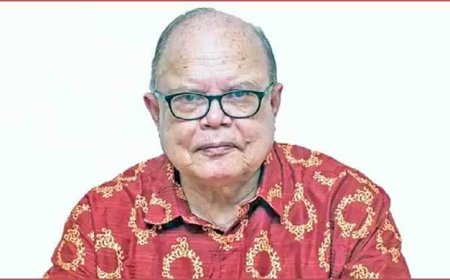How could a UN Human Rights country office operate in Bangladesh?
How could a UN Human Rights country office operate in Bangladesh?

The Office of the United Nations High Commissioner for Human Rights (OHCHR) has proposed establishing a country office in Bangladesh following recent political developments. Officials stated that the matter will be discussed during High Commissioner Volker Türk’s visit to Bangladesh in the final week of October.
OHCHR has already shared a draft agreement with the Ministry of Foreign Affairs, and during his visit, the High Commissioner is expected to meet Chief Adviser Dr. Muhammad Yunus and other key stakeholders to discuss various human rights issues, including setting up the office.
A fact-finding team from OHCHR has been deployed to Bangladesh to investigate human rights violations during the July-August protests, analyze their root causes, and offer recommendations to promote justice, accountability, and long-term reforms.
Once the country office is established, it will support the Bangladeshi government in formulating and implementing human rights policies. Its mandate typically includes monitoring human rights, providing technical assistance to the government and civil society, building capacity, and producing public reports. The office would also focus on integrating human rights into economic development, conducting research to guide policy-making, and advising on police and legal system reforms. OHCHR personnel could have unrestricted access to places of arrest, detention, and interrogation.
While the office's role in promoting human rights is clear, its establishment could face challenges in Bangladesh’s politically sensitive environment.
Expert Opinions
A former ambassador with UN experience shared concerns with Dhaka Tribune, warning that the office could be seen as foreign interference or politicization of human rights. The ambassador, who wished to remain anonymous, explained that such issues are shaped by Bangladesh's political, social, and cultural context, as well as the OHCHR’s engagement with local stakeholders. The ambassador also noted that donor countries funding the OHCHR office may try to influence domestic policies. Some globally accepted human rights issues, such as LGBTQ rights or comprehensive sexuality education, might clash with Bangladesh’s cultural and religious norms.
Former ambassador Humayun Kabir emphasized that, regardless of the UN office's presence, Bangladesh must fulfill its human rights commitments. He noted that to be part of the global community, Bangladesh must engage with and uphold human rights standards. Kabir pointed out that in preparation for its graduation from Least Developed Country (LDC) status in 2026 and to secure GSP+ trade benefits from the European Union, Bangladesh would need to adhere to 30-32 human rights instruments. He stressed that the country has limited options if it wants to achieve this goal.
Kabir also highlighted that social and environmental compliance will be crucial factors moving forward, urging Bangladesh to act responsibly, regardless of the presence of an OHCHR office. When asked about political consensus on opening the office, he clarified that international commitments are made at the state level, so any agreements signed would remain binding, even if the government changes.
OHCHR’s Mandate and Global Presence
OHCHR was established by the UN General Assembly in December 1993 through resolution 48/141, outlining its mandate to promote and protect human rights globally. In negotiating the establishment of country offices, OHCHR works with the host government to secure a full mandate, including human rights protection and promotion.
Currently, OHCHR operates 18 country or standalone offices worldwide, including 16 in countries such as Burkina Faso, Cambodia, Chad, Colombia, Guatemala, Guinea, Liberia, Mexico, and Tunisia. Additionally, there is a field-based structure in Seoul for North Korea and a Human Rights Monitoring Mission in Ukraine.
OHCHR's funding comes from two main sources: the UN regular budget (around 40%) and voluntary contributions from member states and other donors (around 60%). The regular budget is funded by “assessed contributions” based on a formula that considers the size and strength of each member state’s economy.
What's Your Reaction?





















































































